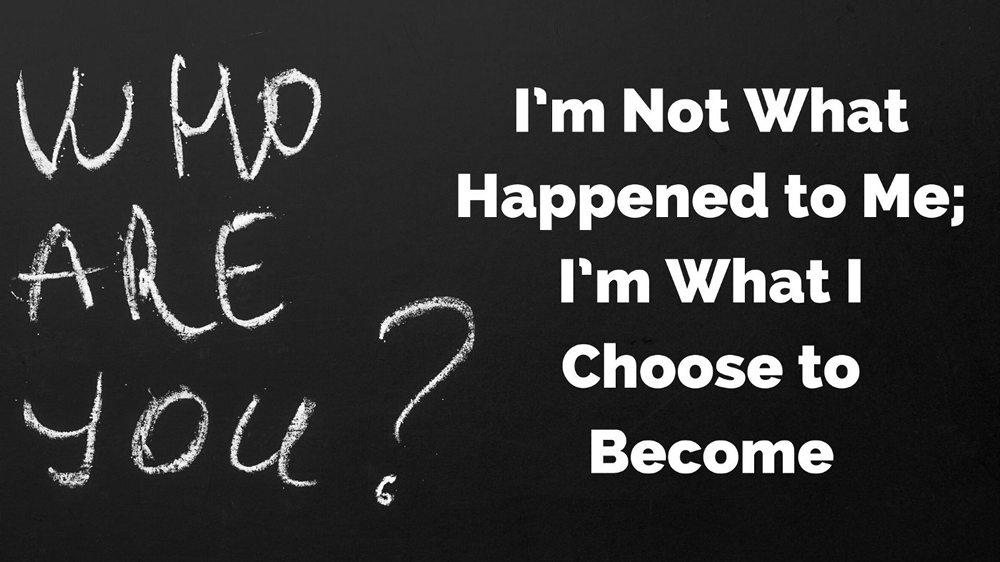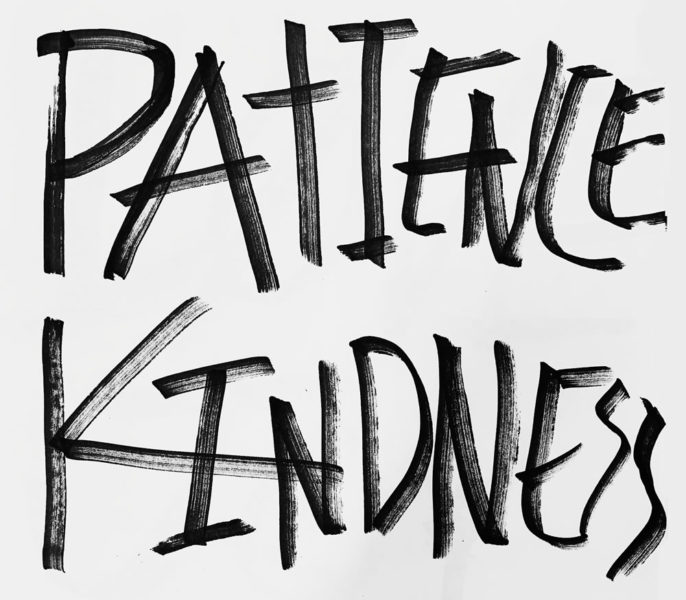Who Are You?

It’s Never Been Easier to Learn

The following was one of Seth Godin’s post this week. Worth thinking about as we dust up April and head into May.
Suddenly, as a spiral of media, world events and science all come together, we’re confronted with a range of things we might not be experts in. Statistics, long-term thinking, epidemiology, semiotics, constitutional law, technology, the scientific method, history and environmental science.
One option is to get smart about each of these things, just as we’ve learned other important skills in the past. That requires the energy to pay attention and the humility to encounter new ideas and realize that we’re not an expert yet.
Another is to simply pretend we’re experts, conflating our (well-earned) feelings with actual expertise.
And the third is to simply shrug and ignore it all.
It’s never been easier to learn what we need to learn. And it’s never been more urgent that we do so.
Kindness

KINDNESS
by Naomi Shihab Nye
Before you know what kindness really is
you must lose things,
feel the future dissolve in a moment
like salt in a weakened broth.
What you held in your hand,
what you counted and carefully saved,
all this must go so you know
how desolate the landscape can be
between the regions of kindness.
How you ride and ride
thinking the bus will never stop,
the passengers eating maize and chicken
will stare out the window forever.
Controlling Your Wants

The Paradox of Happiness: Why Desiring More Makes Us Miserable
By Darius Faroux
A foundational idea in modern society is that we all need to strive for more. You can see this everywhere, from movies, books, articles, to the way people speak in private.
(…)
You see the desire for more in many ads as well. One of the best examples is a marketing campaign that McDonald’s ran a few years ago called “You deserve more.” It’s about their breakfast, and apparently, Micky D thinks we all deserve to have “more savory, more sweet.”
But it’s not the fault of companies and advertising agencies. They just give us what we want.
Many of us really believe that our desire for more is what makes us happy. (…) The tragedy is that the desire for more doesn’t create happiness – but destroys it. The human mind is not one that’s appreciative of the present. As soon as we accomplish something, we become restless. We need to accomplish and have even more.
We live in a world where Chanel can increase their bags by nearly 60% without any pushback from their customers. If we want something, we need to have it, no matter what it costs or how much we have to sacrifice.
When Sorrow Comes

“When sorrow comes, let us accept it simply, as a part of life. Let the heart be open to pain; let it be stretched by it. All the evidence we have says that this is the better way. An open heart never grows bitter. Or if it does, it cannot remain so. In the desolate hour, there is an outcry; a clenching of the hands upon emptiness; a burning pain of bereavement; a weary ache of loss. But anguish, like ecstasy, is not forever. There comes a gentleness, a returning quietness, a restoring stillness. This, too, is a door to life. Here, also is the deepening of meaning – and it can lead to dedication; a going forward to the triumph of the soul, the conquering of the wilderness. And in the process will come a deepening inward knowledge that in the final reckoning, all is well.” – A. Powell Davies
Hell YES!!!

Well folks, again I am pausing our policy of keeping posts to 750 words. But, damn, this woman can write! And, yes, she plays hardball. But come on people… we are way past hotdogs and softball.
I didn’t know of Anne Helen Peterson’s writing until recently, but I suggest you grab her words and consider where you stand in all of this. And then maybe think again.
What If This is Just the Way Things Are?
Anne Helen Peterson
(…)
My partner and I go on a long walk with the dogs every Friday afternoon, the sort where you can actually feel some of the accumulated tension of the week fall off you the further you get from home. Last week, as the invasion in Ukraine continued to escalate in ever more horrifying ways, we were talking about that feeling that we don’t leave crisis mode; we just move from one (or more) primary sources of crisis into the next.
In many cases — including the current one — we don’t actually leave the previous crisis behind; it just wanes in urgency, with a promise that it will certainly wax again. It demands a sort of cyclical vigilance — and it’s been the norm for the last two pandemic years, with their ongoing waves of high-alert anxiety, but it’s also characteristic of the ongoing climate catastrophe, of the erosion of voting rights, of the threats to trans kids and the families and health care professionals and educators who affirm them, of outbursts of horrific racist violence, of school shootings, of giant steps back when it comes to women’s bodily autonomy. It happens, then it happens again, then it just keeps happening.
